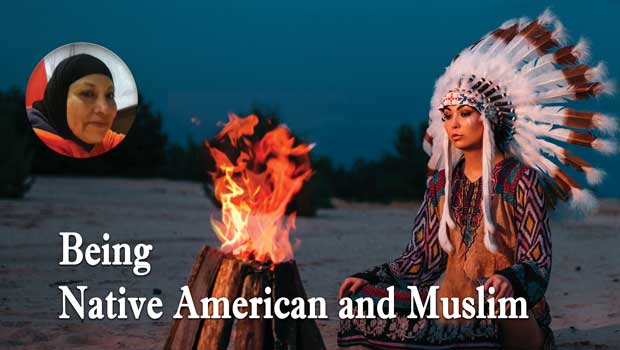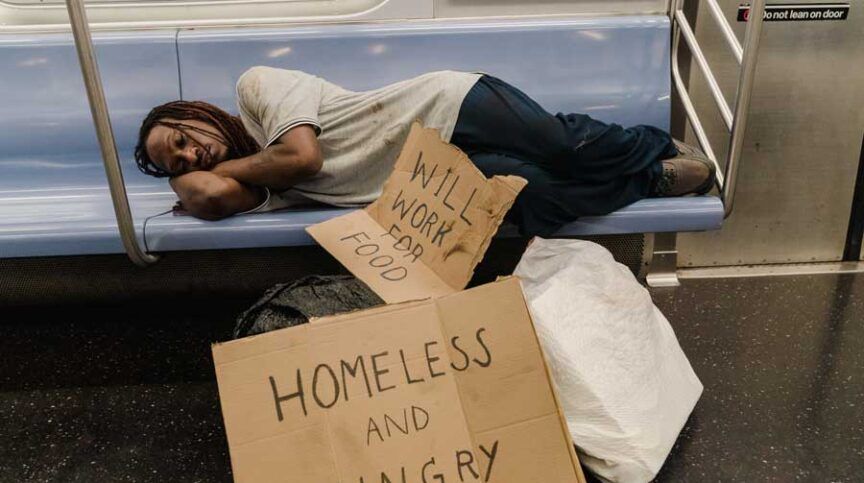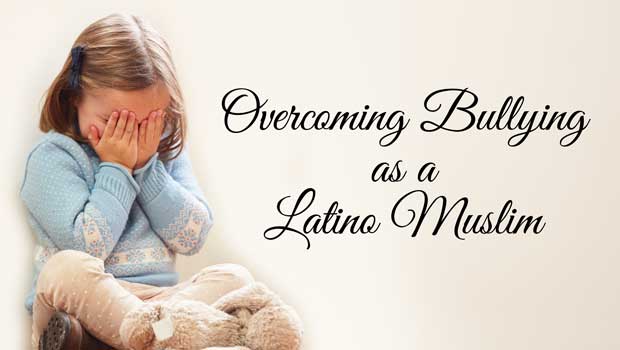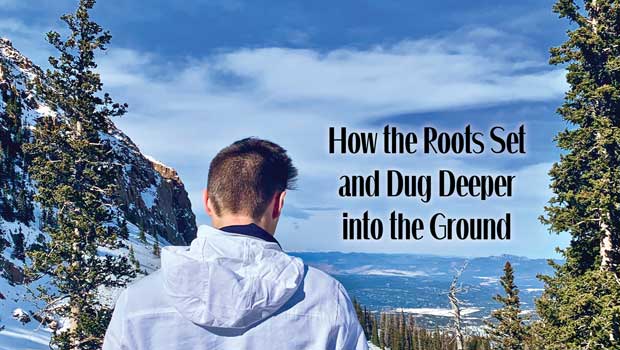I prefer being referred to as Native American. When someone says “Indian,” most people think it refers to a person from India. It’s more accurate to say Native American or Indigenous. My family is from South Dakota and growing up in Oglala in the southwest of the state, you are used to being around Native Americans every day, and everybody is related to you in some way. Both my mother and my father are Lakota (Sioux) Oglala. Being Native American and Muslim is a balancing act that is interesting because you know your heritage yet now you must learn new and different traditions. Some Muslims told me that you must turn your back on your native culture once you become Muslim. I wasn’t going to do that. Our family’s history goes back to the days of traveling with Crazy Horse, one of the most famous of the Oglala Lakota war chiefs. Both sides of my family fought at Little Big Horn, then they branched out with Red Cloud. We have a proud history that I can never ignore.
My grandparents were very strict in religion. They were Christian. My grandfather knew the Old Testament backward and forward. It was rather difficult growing up with my grandparents because they would not allow certain things in the house. They insisted that Native Americans shouldn’t eat pork. I discovered that Muslims don’t eat pork and do several other things in a similar way as my grandparents. My grandparents and my mom lived in Oglala, South Dakota and my uncle lived in Wolf Point, Montana. We would spend part of the time in South Dakota and the other time in Montana. Growing up in two different states was interesting and fun.
Coming to Islam
I started to do research about Islam in 2005. I wanted to find out about Shariah law and what it meant. I was on a hunt to learn everything I could about Islam. I met online a brother from Egypt and he taught me a lot about the Islamic religion and being Muslim. When I asked him questions that he wasn’t sure about, he would tell me to keep the questions until I go to the mosque to take shahadah (declaration of faith). I eventually took my shahadah in 2007 at the mosque.
In that same year, I went to Egypt. It was my first time being outside of the United States, and it was wonderful being in a Muslim country. When it was time for prayer, I could hear the call to prayer, and particularly in the early morning and late at night it was so beautiful. I am very happy now, back in the United States, and I am learning more and more about the religion. I have a Muslim teacher and in the last couple of years my understanding of Islam has gotten better. When you are Native American and wearing hijab, some people think that I am Egyptian. People don’t know what it is like for me. It is really, difficult for me as a Native American Muslim sister. When someone asked my family about me and they said that I was a Muslim, it was hard for them and for me. My aunt and uncle are like my parents. We have a close-knit relationship with one another. When I started to study Islam, I got a lot of ignorant comments and questions from people. There were many Muslim sisters who did not like me because I did not speak Arabic, even though I looked like an Arab. I was exposed to a lot of racism.
Being humble is one of the first things that I learned after becoming Muslim. Many people have the idea that Native Americans are tough and don’t understand a lot of things. You would be surprised at some of the ideas that people have about Native Americans. But the stereotyping goes both ways. My aunt and uncle were concerned about my even being Muslim. My uncle said, “Putting all religion aside, religion doesn’t make a family. It is how we were raised.” He was a Presbyterian minister like my grandfather. Yet, he accepted the fact that I was a Muslim.
Need for Dawah to Native Americans
I don’t know other Native American Muslims except through Facebook and other social media. I found some Muslims on the Turtle Island Muslims Facebook page. I have never met them in person. I do keep in contact with many people from my tribe. The first thing that I hear from them is about the problem of drug and alcohol addiction. Many believe the problem is with the tribal government. They don’t provide anything for the children to do. Many of these kids end up running away from home. I have relatives who have children who are missing. One girl has been missing for two years. The people don’t work because there are no jobs. As Muslims, we should be trying to help others, and Native Americans need a lot of help. The Quran needs to be brought to people on the reservations who are struggling. Few people on the reservation know about or understand Islam. I wish that the Muslims could demonstrate to the Dakotas what Islam means and how we help one another with food and other necessities. My family on the reservation tells me that there is also a lack of adequate law enforcement, and teen suicide is a big problem. The reservation also needs to have a domestic violence program put in place. Domestic violence and drugs often go hand-in-hand. When the state finds out that a parent is on drugs, their first action is to take the child out of the home. Parents may never see their child again. The state takes the child off the reservation and places the child in something called Indian Child Welfare. The parents are forced to fight, sometimes unsuccessfully, to get their child back.
It’s different now that I am living in Illinois. I haven’t found any reservations here. I want to do so much, but I am just one person trying to figure how to do it right. I read what other Native Americans are saying on Facebook about our problems. I ask myself why we don’t just create something that will help solve the problems rather than just complain. If you go to South Dakota, you find 10 or more adults living in a three or four-bedroom house with ten kids. You must have an income, but you can’t have an income if there are no jobs.
I feel that Muslims can do more than what has been done in the past to help Native Americans. Catholics, Episcopalians, Mormons, Seventh Day Adventists, Atheists, and even Satanists have all brought their religions to the reservation. So, shouldn’t Muslims do everything they can to bring Islam to the reservation? Sometimes we may want to help people, but just don’t know how to do it.
I pray that Muslims would invest the time learning about other cultures like the Native American culture. We are a strong people who have our weaknesses. But, by bringing Islam to the reservations, giving lectures, and talking with the people, we may get many Native Americans to convert to Islam. Some of the Natives Americans come from backgrounds where the elders told them things like not being alone with the opposite gender and so many other guidelines that align with Islamic teachings. With that kind of background, many of them may accept Islam and reject negative stereotypes about the religion.






